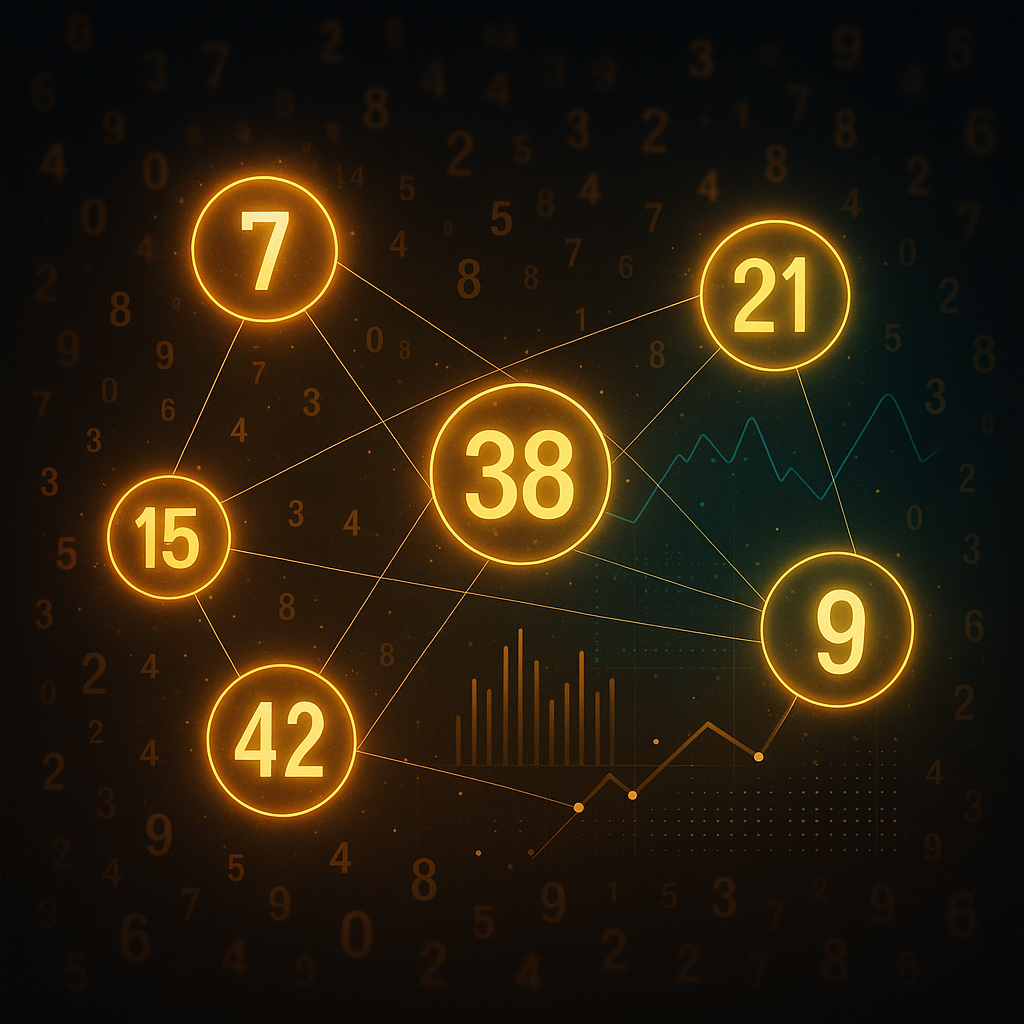The dream of winning the lottery is timeless, but in 2025, players are no longer relying on luck alone. With new technology, data analysis, and mathematical models, lottery prediction strategies have evolved into an entire system of smart play. While no method can guarantee a win — since lotteries are designed to be random — understanding how to identify patterns, cycles, and probabilities can meaningfully improve your chances of success.
The foundation of any good prediction strategy is statistical observation. Every lottery draw leaves behind a data trail — past winning numbers, frequency of draws, and combination trends. By studying historical data, players can identify “hot numbers” (those that appear frequently) and “cold numbers” (those that rarely come up). Many 2025 players use advanced online tools and apps that automatically analyze these trends, generating probability charts that make choosing numbers more strategic than random.
One of the most popular approaches today is the frequency-based system. This method relies on analyzing hundreds of previous draws to detect which numbers appear most often together. Instead of picking numbers based on birthdays or personal luck, this strategy focuses purely on mathematical likelihood. By choosing balanced combinations — a mix of both frequently drawn and overdue numbers — players increase the statistical spread of their entries, creating more diverse coverage in the number pool.
Another rising trend is wheel systems. Lottery wheeling allows players to use larger sets of numbers and arrange them into multiple tickets, ensuring that if some of your numbers are drawn, you’ll have them in several combinations. It’s not cheap, but it significantly increases the probability of hitting partial matches or smaller prizes that can fund future plays. In 2025, online lottery software makes this process seamless, automatically generating optimized ticket groups based on user preferences and previous draw data.
Some players have also turned to AI-powered prediction models. These systems use machine learning algorithms to process millions of past combinations, identifying correlations invisible to the human eye. While results are not guaranteed, they’ve shown fascinating accuracy in spotting recurring patterns within specific national and regional lotteries. Many platforms now combine these algorithms with community input, allowing users to compare and share their own predicted sets in real time.
Beyond numbers, timing plays a quiet but important role. Data analysts have found that certain draw cycles tend to favor particular number spreads. For instance, after several consecutive high-number results, the next draw often shifts toward lower or mixed ranges. Smart players observe these sequences and adjust their predictions accordingly, blending logic with instinct — a balance that defines the modern lottery player.
Equally important is budget strategy. Even the best prediction model means nothing without bankroll management. Successful players treat the lottery as a long-term system, setting aside fixed weekly or monthly budgets instead of chasing big wins impulsively. This consistency allows them to apply predictive strategies over time, letting probability work in their favor across multiple draws.
In 2025, the line between luck and logic has never been clearer. Lottery prediction isn’t about fortune-telling — it’s about discipline, data, and informed decision-making. By combining frequency tracking, number wheeling, and smart analytics tools, today’s players can transform chance into opportunity. The jackpot might remain uncertain, but every calculated move brings you one step closer to making it happen.
Playing the lottery has always been about hope, but now it’s also about intelligence. The winners of tomorrow won’t just be lucky — they’ll be the ones who understand how to read the game beneath the numbers.


